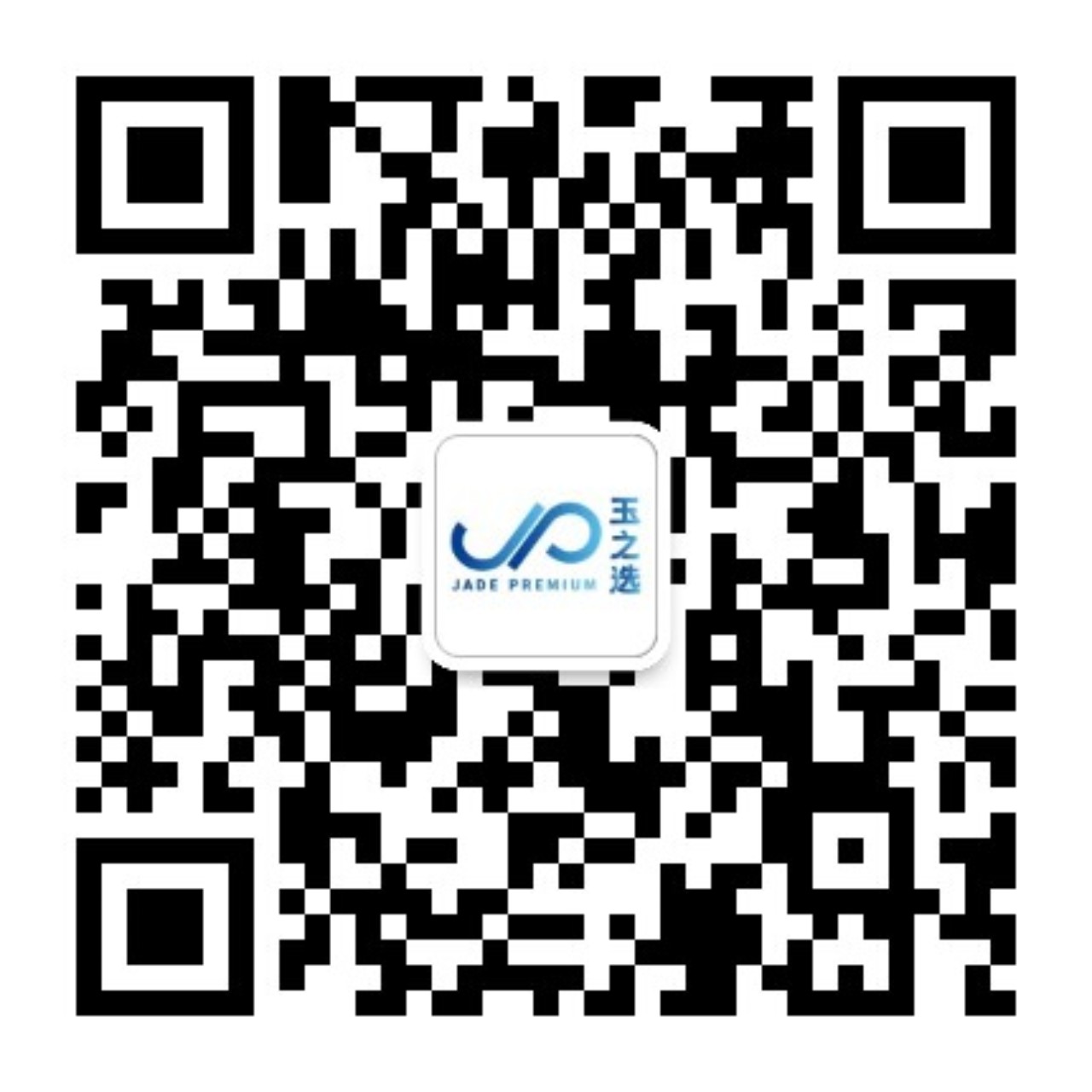Certifications Required for Exporting to Russia
2024-05-271. CU-TR Certificate / EAC Certification / GOST-R Certificate
Products exported to Russia require conformity assessments under either the Russian National Technical Regulation System (GOST-R) or the Customs Union Technical Regulation (CU-TR). These certifications ensure compliance with Russian laws and product safety standards.
- GOST-R Certification: A system to demonstrate that products meet Russian national standards. It includes:
- Mandatory GOST-R COC (Certificate of Conformity)
- Mandatory GOST-R DOC (Declaration of Conformity)
- Voluntary GOST-R Certificates
- Exemption Letters
- CU-TR Certification / EAC Mark: Issued based on customs codes and product information, confirming that products meet the Eurasian Economic Union's technical regulations.
2. Sanitary Certificate / State Registration Certificate (SGR or SR-CU)
The State Registration Certificate (SGR) confirms that a product meets the health and epidemiological standards of the Customs Union. Since July 1, 2010, the previous Russian hygiene certificates have been unified under the Customs Union SGR, valid across member states.
3. Fire Safety Certificate
Issued under Federal Law No. 123-ФЗ, this certificate verifies that products comply with Russia’s fire safety requirements. It is mandatory for products classified as fire-hazardous and aims to protect human life, health, and property.
4. RosTechNadzor (RTN) Certificate / Installation and Operation Permit
The RTN Certificate is a permit issued by the Federal Service for Environmental, Technological and Nuclear Supervision for the installation and use of hazardous industrial equipment. Previously known as GGTN, it is now formally issued by ROSTEKHNADZOR.
5. Ex-Proof Certification (Ex-GOST-R / CU-TR Ex Certificate Tp TC 012/2011)
This certificate confirms that explosion-proof equipment meets Russia’s safety requirements. Similar to GOST-R, it is mandatory and can be valid for one or three years. A valid CE ATEX certificate may simplify the application; otherwise, local testing in Russia is required.
6. Russian GMP Certificate
Required for pharmaceuticals, GMOs, food additives, and disinfectants. It proves a company's adherence to quality management under Russian GMP standards (GOST R 52249-2009), covering infrastructure, equipment, personnel qualifications, and quality control.
7. Metrology Certificate (PAC Certification)
Also known as the Pattern Approval Certificate, this certificate ensures that measuring instruments comply with Russian metrological standards. Issued by the Federal Agency on Technical Regulation and Metrology, it is valid for 5 years.
8. Vehicle Type Approval Certificate (OTTC Certification)
Required for automobiles and related parts. It verifies compliance with Russian standards for safety, quality, and environmental impact. This is mandatory for vehicle imports.
9. Medical Device Registration Certificate
All medical devices (Class I, II, and III) must be registered with the Russian Ministry of Health. Registration certificates are valid indefinitely, while the accompanying GOST-R (DOC) is valid for 3 years. Unregistered devices are not permitted for sale or distribution.
10. Telecommunication Certificate (FAC Declaration / FSB Notification)
FAC certification, overseen by the Federal Communications Agency, is required for devices connecting to public telecom networks. It includes:
- FAC DOC: Declaration based on CE test reports.
- FAC COC: May require local testing depending on product type.
FAC certificates are valid for up to 3 years but have no specific logo.
11. Letter of Exemption (LOI)
A formal document confirming that a product does not require mandatory certification in Russia (e.g., GOST-R, Fire Safety, or SGR). It is often required for customs clearance or requested by buyers and local authorities.
12. EAC Certification (Customs Union Technical Regulation Certificate)
All products entering the Eurasian Economic Union (Russia, Belarus, Kazakhstan, Kyrgyzstan, Armenia) must meet TR CU regulations. The EAC mark certifies compliance, and the process is managed by accredited bodies across the Customs Union.
13. FSB Encryption Certification
Required for products with encryption technology, regulated by the Federal Security Service (FSB). The certification process involves technical document review, testing, and local representative appointment. It is essential for customs clearance and legal market entry for encryption products.

